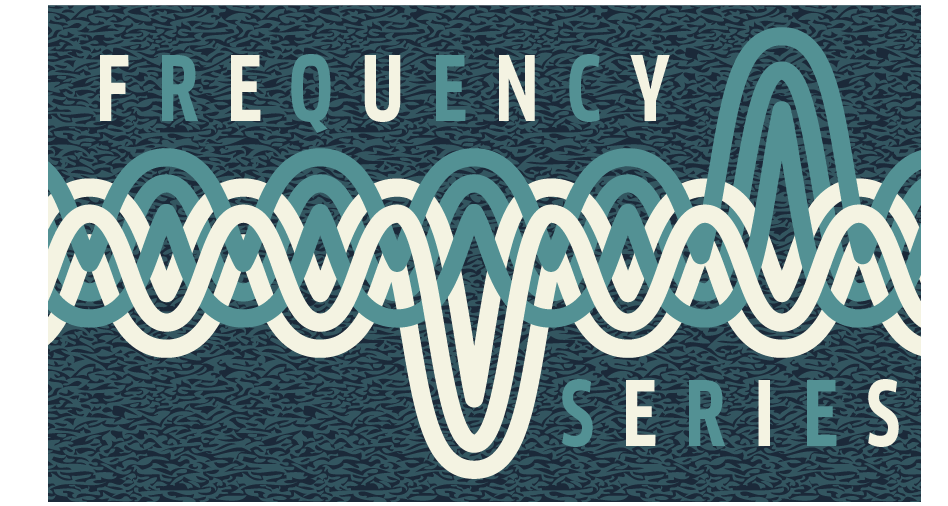Thinking about Chicago: part one
Steve Dawson (photo: Matthew Gilson)
I left Chicago in the first days of September, 2018, and after nearly a year in Rome I’ve been happily settling into a new life in Berlin, Germany. Obviously, there hasn’t been too much life over the last two months, but I must say I feel safer and saner here than I probably would in the US right now. I’ve been back to Chicago a few times since decamping, and while I certainly miss loads of friends back there, I’ve been kind of surprised that I don’t actually yearn for too much in the city apart from its sprawling culinary bounty. But as this post makes clear, I need to include music in that short list. I spent 35 years immersed in Chicago’s rich musical milieu—going to concerts, scooping up recordings, writing about the various scenes, getting to know and befriend musicians, and eventually programming concerts. I‘m still doing that stuff over here, but Chicago remains in my blood and it still delivers in a big way.
I’ve continued to keep up on the action through recordings, and recently there’s been a surge of impressive stuff keeping me occupied. I haven’t been too active with this blog and these days I hesitate to prognosticate on my future output, but for the moment I’m happy to chime in on a few favorites from the last few months in the next few posts.
I’ve long been a fan of singer-songwriter Steve Dawson, whether through the soulful country-rock he made with his first Chicago band Stump the Host or his more expansive Dolly Varden. I met and worked with Steve at Jazz Record Mart back in the early 90s, and during his time served there a handful of his coworkers would eventually rank as some of the city’s most accomplished improvisers. Dawson has retained those relationships both on and off-stage. He once fronted a collective of mostly JRM vets called the Lead Lined Bags, that forged a comic repertoire inspired by the store’s peculiar and often maddening culture. A decade ago he began to play his songs with some of those musicians and since 2014 he’s maintained a more serious and formal endeavor called Funeral Bonsai Wedding that originally included drummer Frank Rosaly and vibist Jason Adasiewiecz, who both drafted bassist Jason Roebke to round out the group. Dawson is an avowed fan of Van Morrison and this quartet carried undertones of the Irish singer’s classic 1968 album Astral Weeks in its predilection for letting the improvisers elasticize and embroider the leader’s elegant yet rustic melodies. Dawson never really altered his writing for this group of musicians, instead continuing to compose durable folk-rock songs marked by a hardscrabble poetry and suffused with a slightly cosmic reach. What the members of Funeral Bonsai Wedding provided was greater space and spontaneity. Dawson’s songs took deeper breaths, engaged in subtle lateral movement, and attractively reclined into a plush, generous pocket.
On Friday, May 8 a slightly new iteration of the band, with a string quartet in tow, drops the self-released follow-up Last Flight Out, and it’s clear that Dawson has grown more comfortable with the group’s roomy sound. One of Chicago’s most versatile and sensitive drummers, Charles Rumback takes over for Rosaly—who moved to Amsterdam in 2016—but the bigger shift in sound involves the presence of Quartet Parapluie (cellist Melissa Bach, violist Vannia Phillips, and violinists Inger Carle and Andra Kulans) who bring a warm yet stately eloquence to arrangements penned by Roebke, gorgeously and judiciously shadowing the singer’s anguished struggle to preserve equilibrium in a world turned upside down. The astonishing title track, which you can hear below, features some of the singer’s most elliptical writing—two short verses confronting a growing helplessness in fight or flight mode in which no clear escape exists. The song opens with a plangent string melody that teeters between uplift and sorrow, and apart from Dawson’s tender, aching voice and simple acoustic guitar strumming, no other instrument is heard until he finishes up the second verse, with Roebke’s bass entering almost as a desperate lifeline for the narrator’s sagging spirit. Voice and strings go silent for the remaining 90 seconds, allowing the rhythm section to present a ray of hope in the form of the vibist’s luminescent solo.
Several songs see the narrator desperately clinging to hope amid crushing darkness, choosing love even when the effort seems futile. In “Mastodons” he sings, “And with a blackness you cannot describe / the tendrils pull, the vessels collide / muscle memory sluggish and dull / no will left to sort or divide,” before concluding “But somehow moments still break through / despite the dying inside of you / and lift you up like the warmth of the sun / and radiate out toward everyone.” The song winds down with a solo from Roebke that underlines the innate tension at work, unleashing dissonant arco scrapes battling with serene harmony. In “The Monkey Mind is on the Prowl” Dawson offers paternal wisdom, straining to alleviate a child’s trauma with a guarded optimism that relies primarily on toughened skin and an ounce of cynicism. The message stands among the album’s most heartbreaking notions that we must endure pain before we can fully appreciate the scarce moments of grace. On the other hand, “While We Were Staring Into Our Palms” can’t elude the enveloping bleakness, a bitter indictment of inaction in the face of the cataclysmic assault on humane values stoked by the current US administration. Dawson has never been a blind optimist, but his romantic belief in good feels tested like never before on this album, even within some of the most handsome musical settings of his lengthy career. Only a tool couldn’t empathize with his poetically voiced position.
Today’s playlist:
Holly Golightly, Do the Get Along (Damaged Goods)
Jim O’Rourke, Sleep Like It’s Winter (Newhere)
Wume, Towards the Shadow (Northern Spy)
Danish String Quartet, Prism 1 (ECM)
Mandy Barnett, Strange Conversation (Dame Productions)




